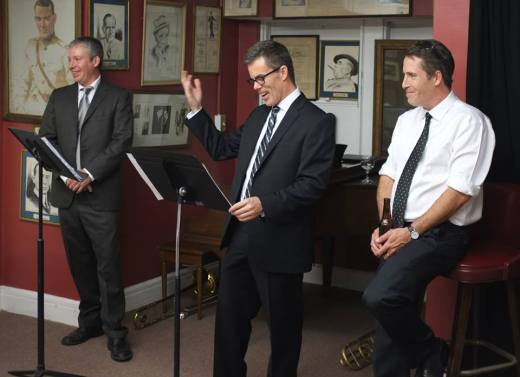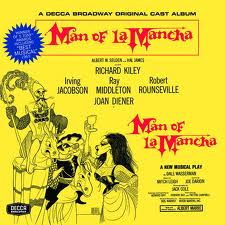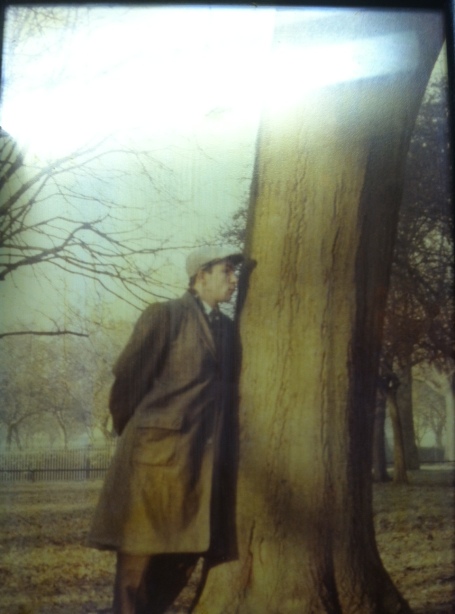This was many years before I became a professor of British Romantic literature. Dad had just read and studied this stuff on his own. He always had a a great ear, and an amazing command of meter and rhythm.
So, back to 1987 … The editors asked dad to give a story about the garbage barge “the Flynn treatment.” On deadline. This is what he came up with:
It is the Ancient Garbage Scow,
And it stoppeth never yet.
Doomed to sail forever now.
Whatta ya wanna bet?
The scow was packed, its garbage pressed,
Merrily did it drop
Below New York, below Key West
But never could it stop.
Avast! Get out! Phew and Arrgh!
Did landfill keepers shriek.
On, on it sailed, the hapless barge
While all the bags did reek.
A Foul breeze blew, the great stench, too
The seagulls followed free
It was the worst that ever burst,
Into the Caribbean Sea.
Landfill harbors everywhere!
Yet all the ports did shrink.
Garbage, garbage, everywhere,
Oh, what an Islip stink.
Out! Out! howled North Carolina
And New Orleans, as well.
The Bahamas posted picket ships.
It couldn’t get into hell!
Sail on, sail on, Oh scow of fate
But Mexico says never.
Even unknown Belize says nay
This trip shall last forever.
About! Abaft! All motion ceased
The scow lost every motion.
As idle as a painted skiff
Upon a painted ocean.
The skipper cries, “All flies are dead
“We’ll find a port now soon!”
From Washington, he hears a drone
– A Congressional bassoon.
Alas, poor Ancient Garbage Scow
The politicians smell you.
Your fate is sealed forever now
What’m I gonna tell you?
Ten years for Cable TV,
For tunnels, dozens more,
With Washington to help you
You never can reach shore.
So … just to repeat. He wrote that on deadline. Neither he nor I had an idea that I’d become a Romanticist someday and teach Coleridge. He got everything that reeks of Coleridge into that by memory. Remember yourselves, that was 1987. No internet. No easily accessible version of “The Rime of the Ancient Mariner.” Just saying.
 We had a nice sendoff for my father on Wednesday. About 50 of us got together at The Lambs’ Club, an organization founded in 1869 in England, and in 1874 in New York. It grew out of dinners made up “of lively folk of the theatre and the arts” at the home of Charles and Mary Lamb in the early 18th century.
We had a nice sendoff for my father on Wednesday. About 50 of us got together at The Lambs’ Club, an organization founded in 1869 in England, and in 1874 in New York. It grew out of dinners made up “of lively folk of the theatre and the arts” at the home of Charles and Mary Lamb in the early 18th century.








